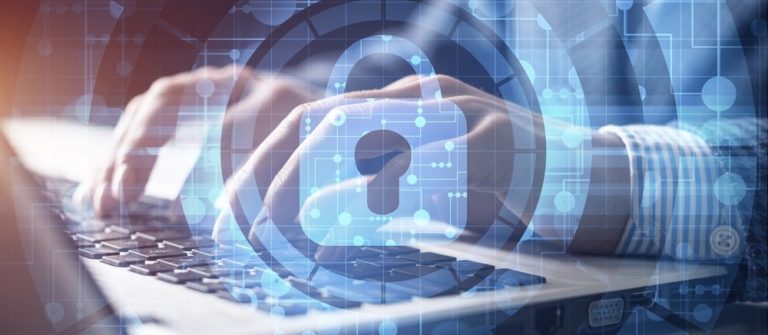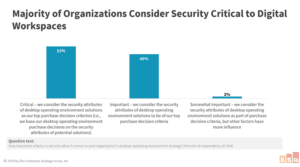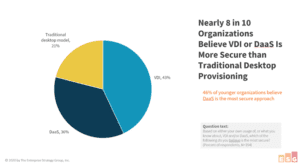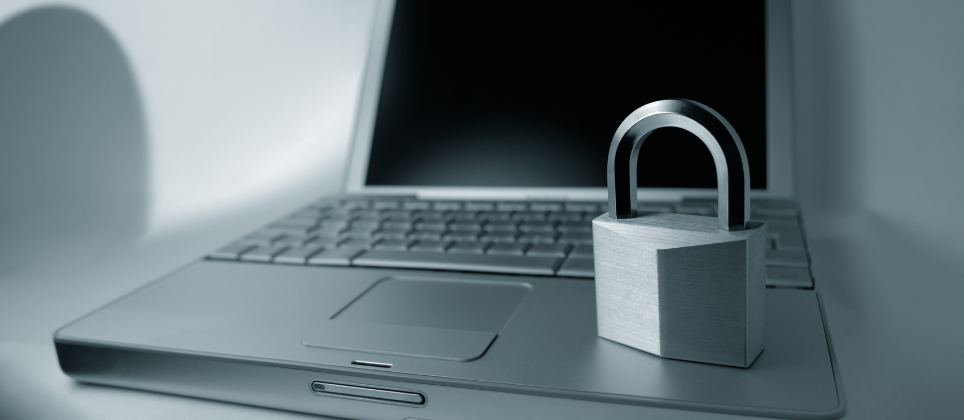IGEL Blog

Secure Work Must Still be the Priority – at Home and Office
Much focus and attention in recent weeks has rightly focused on work-from-home strategies and business continuity planning. But bubbling up, underneath this topical priority, is an ever-increasing resurgence of security concerns.
Initially organisations had to divert all their attention in ensuring employees could ‘work at home.’ Many now however, are the second phase of this new reality and are looking into the future of what this will mean longer term. As a result, they seek ways to enable more secure, performant ‘work from home’, ‘work from anywhere’ strategies, which includes the office post COVID-19.
Many of these strategies will involve end user computing solutions focused on delivering business applications and data to the employee. This will no doubt include new endpoints, mobile devices, SaaS applications and Unified Endpoint Management solutions to name a few.
However, in these discussions it is important not to forget the importance of security and the continued rise of ransomware.
A Look Back
In 2017, the WannaCry ransomware attack quickly spread across the globe and sadly taught far too many organisations that ‘out of date,’ unpatched systems allowed criminals to penetrate corporate networks and hold corporate data to ransom. Back then following in the aftermath of WannaCry, a tremendous amount of focus was placed on the importance of patching systems and ensuring that end of life (EOL) or end of support (EOS) operating systems, such as Windows XP, were retired or migrated to new versions.
But its 2020 – is ransomware really still an issue?
A New Paradigm Still Faces Ransomware
In the last week alone… it’s been reported that ransomware attacks have become more commonplace than payment card theft incidents for the first time. Businesses are increasingly considering paying ransomware attackers because recovery is too daunting and ransomware continues to rage on particularly in public sector organizations. It’s clear, the cybercriminals simply don’t care about a global pandemic and continued attacks will continue to happen.
For many, Virtual Desktop Infrastructure (VDI) and DaaS is helping to ensure that organizations can be prepared for both – empowering user work mobility and mitigating security risk.
In a new survey from Enterprise Strategy Group (ESG), it was reported that security continues to be a top reason for choosing VDI / DaaS. In fact, nearly all organizations report that security is a top purchase criterion when selecting a digital workspace – with 53% saying it’s critical and 45% saying it’s important.

Even further, ESG found that 4 in 5 organizations believe VDI or DaaS to be more secure than traditional desktop provisioning.
Interestingly, ESG also found that three of the top five workspace delivery priorities involve security, including detecting security incidences, vulnerabilities and risk (36%), controlling and setting conditions for endpoint security policies (32%), and responding to security incidences, vulnerabilities and risk (31%). Only improving employee collaboration (37%) and managing user expectations of access, device choice, and applications preferences (35%) ranked among them.

While, VDI and DaaS alone are not a panacea – as many as 65% say that while VDI and DaaS are helping endpoint security is still a concern – our future will continue to demand both remote flexibility and security. This means that IGEL, with its inherent support for VDI and DaaS endpoint implementations, will clearly play an increasingly important role for tomorrow’s endpoints. Because, for many, what will be running at the edge will likely not be Windows.


